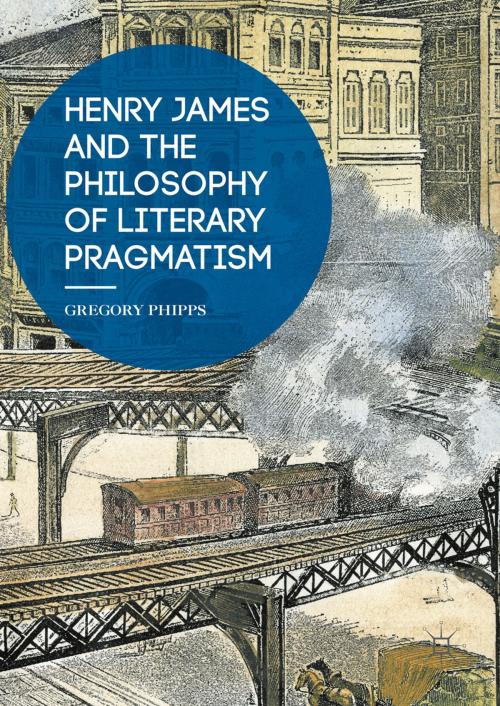Henry James and the Philosophy of Literary Pragmatism
Fiction & Literature, Literary Theory & Criticism, British, Theory| Author: | Gregory Phipps | ISBN: | 9781137590237 |
| Publisher: | Palgrave Macmillan US | Publication: | June 15, 2016 |
| Imprint: | Palgrave Macmillan | Language: | English |
| Author: | Gregory Phipps |
| ISBN: | 9781137590237 |
| Publisher: | Palgrave Macmillan US |
| Publication: | June 15, 2016 |
| Imprint: | Palgrave Macmillan |
| Language: | English |
This book examines the interdisciplinary foundations of pragmatism from a literary perspective, tracing the characters and settings that populate the narratives of pragmatist thought in Henry James’s work. Cultivated during a postwar era of industrial change and economic growth, pragmatism emerged in the late nineteenth century as the new shape of American intellectual identity. Charles Peirce, William James, and Oliver Wendell Holmes, Jr. were close friends who founded different branches of pragmatism while writing on a vast array of topics. Skeptical about philosophy, William James’s brother, Henry, stood at the margins of this group, crafting his own version of pragmatism through his novels and short stories. Gregory Phipps argues that James’s fiction weaves together the varied depictions of individuality, society, experience, and truth found in the works of Peirce, Holmes, and William James. By doing so, James brings to narrative life a defining moment in American intellectual and material history.
This book examines the interdisciplinary foundations of pragmatism from a literary perspective, tracing the characters and settings that populate the narratives of pragmatist thought in Henry James’s work. Cultivated during a postwar era of industrial change and economic growth, pragmatism emerged in the late nineteenth century as the new shape of American intellectual identity. Charles Peirce, William James, and Oliver Wendell Holmes, Jr. were close friends who founded different branches of pragmatism while writing on a vast array of topics. Skeptical about philosophy, William James’s brother, Henry, stood at the margins of this group, crafting his own version of pragmatism through his novels and short stories. Gregory Phipps argues that James’s fiction weaves together the varied depictions of individuality, society, experience, and truth found in the works of Peirce, Holmes, and William James. By doing so, James brings to narrative life a defining moment in American intellectual and material history.















